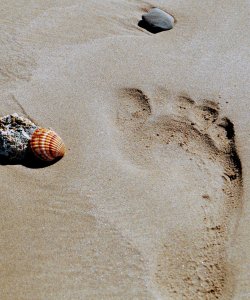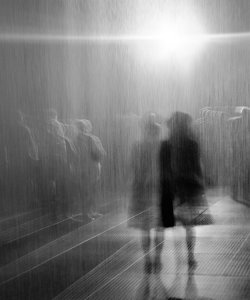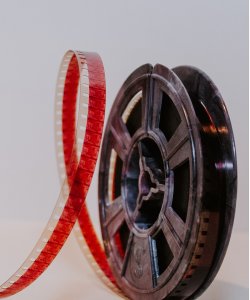Page as Stage

The author of fox woman get out! explores the connections between poetry and dance.
Jump to navigation Skip to content
In our weekly series of craft essays, some of the best and brightest minds in contemporary literature explore their craft in compact form, articulating their thoughts about creative obsessions and curiosities in a working notebook of lessons about the art of writing.

The author of fox woman get out! explores the connections between poetry and dance.

The author of fox woman get out! offers a climatic approach to reading and writing verse.

The author of The Last Language explores the relationship between individual subjectivity and the ability to suspend disbelief when reading fiction.

The author of The Last Language considers the relationship between character and speech.

The author of The Last Language considers how to strike the right note of ambiguity in a novel.

The translator of Luis Felipe Fabre’s Recital of the Dark Verses shares lessons from translation that can improve all creative prose.

The translator of Luis Felipe Fabre’s Recital of the Dark Verses considers the nuances of crafting a faithful translation.

The author of Recital of the Dark Verses explores poetry and translation as an encounter with “the Other.”

The author of Wine People explores how conducting interviews can inform narratives and characters.

The author of Wine People offers an exercise in getting to know your characters.

The author of Wine People considers how a more expansive understanding of setting can deepen a story.

The author of Rachel to the Rescue and Ms. Demeanor explores the risky business of fictionalizing public figures.

The author of The Museum of Human History discusses how the human mind and archetypal narratives informed her novel.

The author of The Museum of Human History considers how to manage a novel’s many threads.

The author of The Museum of Human History offers a method for moving from short stories to longer-form narratives.

The author of I Do Everything I’m Told contemplates writing about and beyond personal boundaries.

The author of I Do Everything I’m Told considers the role of the breath in poetic composition.

The author of I Do Everything I’m Told explores the nuances of writing at the intersection of sex, love, queerness, and race.

The author of Spoken Word: A Cultural History and The Study of Human Life examines the power of recovering lost literary voices.

The author of Spoken Word: A Cultural History and The Study of Human Life considers how poets collaborate across time and form.

The author of Spoken Word: A Cultural History and The Study of Human Life explores how writers might “cover” literary works as musicians do songs.

The author of Mistaken for an Empire: A Memoir in Tongues offers an approach to critically engaging with a colonialist literary canon.

The author of Mistaken for an Empire: A Memoir in Tongues considers how archival photography can provide a rich source for literary and sociopolitical inquiry.

The author of Mistaken for an Empire: A Memoir in Tongues explores how formal experimentation and play can help move a writing project forward.

The author of peep finds poetic surprises in the workaday language of commerce and culture.